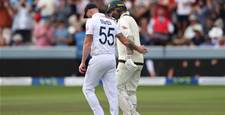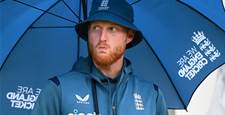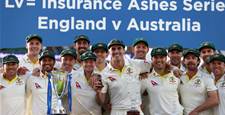What is it about Michael Clarke that polarises people? He’s a narcissist, people say, and besides, he lost two Ashes series in England. There’s no doubt his cricketing career – as player and captain – had more light and shade than most. And that’s because the personal was never far away.
Did we need to know so much about his private life? It seems you did. You got what you wanted. Maybe you, individually, didn’t, but privacy is a quaint notion now, and besides, people seem to love narcissists as much as narcissists love themselves.
To be honest, the media is being either dumb or devious when it acts all puzzled or even waxes analytical about Clarke’s fame and infamy. They were always going to be drawn to such melodramas as Pup’s Bingle bingle or his Katich cat fight, simply because it’s tabloid gold.
Mark Taylor occupied the lighter end of the spectrum. He won everything. He was Mr Goodbloke. His personal agonies only became public when they were about his batting. When he suffered a form lapse, we were all in his camp. There was no opposing camp.
With Clarke, there was. But the verb “to polarise” – which we often use in relation to Clarke - suggests an opposing view, and he did plenty that was admirable. For a start, he was a great Test batsman and a Test triple-century at the end of his career was a neat exclamation mark. It puts him in rare company.
I thought his handling of the entire Phillip Hughes episode as it was unfolding was outstanding. Even back then, those who somehow found a way to distort his contribution had stooped to some pretty cheap criticism. They look silly now, because in retrospect we can say he didn’t make it all about himself, and he didn’t hog the spotlight.
I’ve always been indifferent to Clarke as a person and occasionally something came to my attention that I found repugnant, but if I had to list the top ten people I’d hate to be, he’d be at least half of them.
No-one, no matter how self-obsessed, is comfortable with public opprobrium. But society needs its Michael Clarkes. The purpose of people like him and the AFL’s Wayne Carey is to give members of the public an opportunity to do a little psychological show-and-tell of their own.
Related Articles

Playing From The Tips Ep.112: PGA Championship

Review: Glenelg Golf Club













